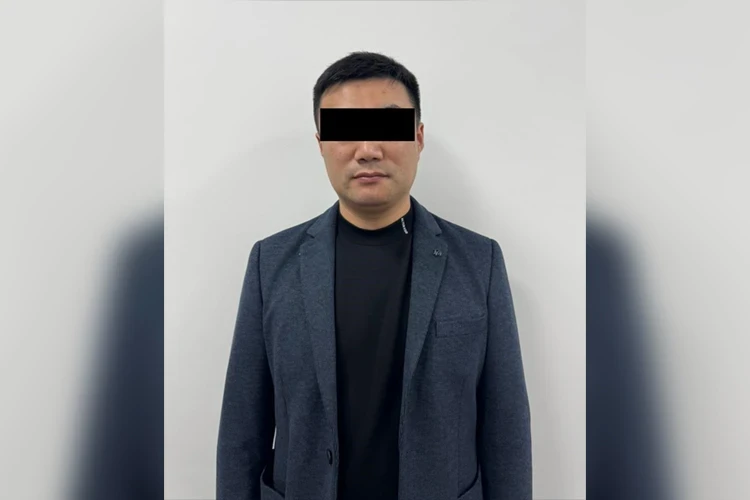
In the Kemin district of the Chui region, the director of the Dolpran gold mining site was...
In October of this year, during a meeting with the head of the State National Security Committee...
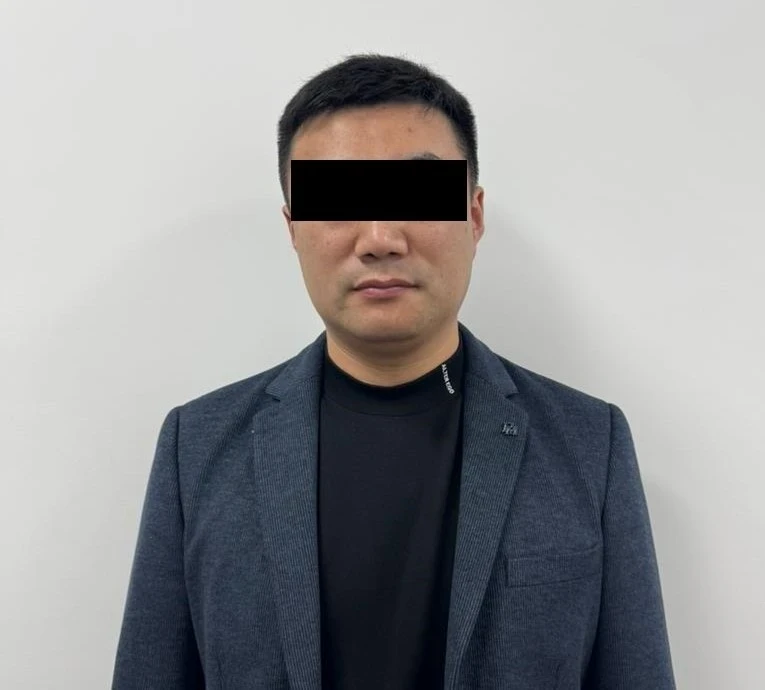
According to the press service of the State Committee for National Security (GKNB), T.D., the...
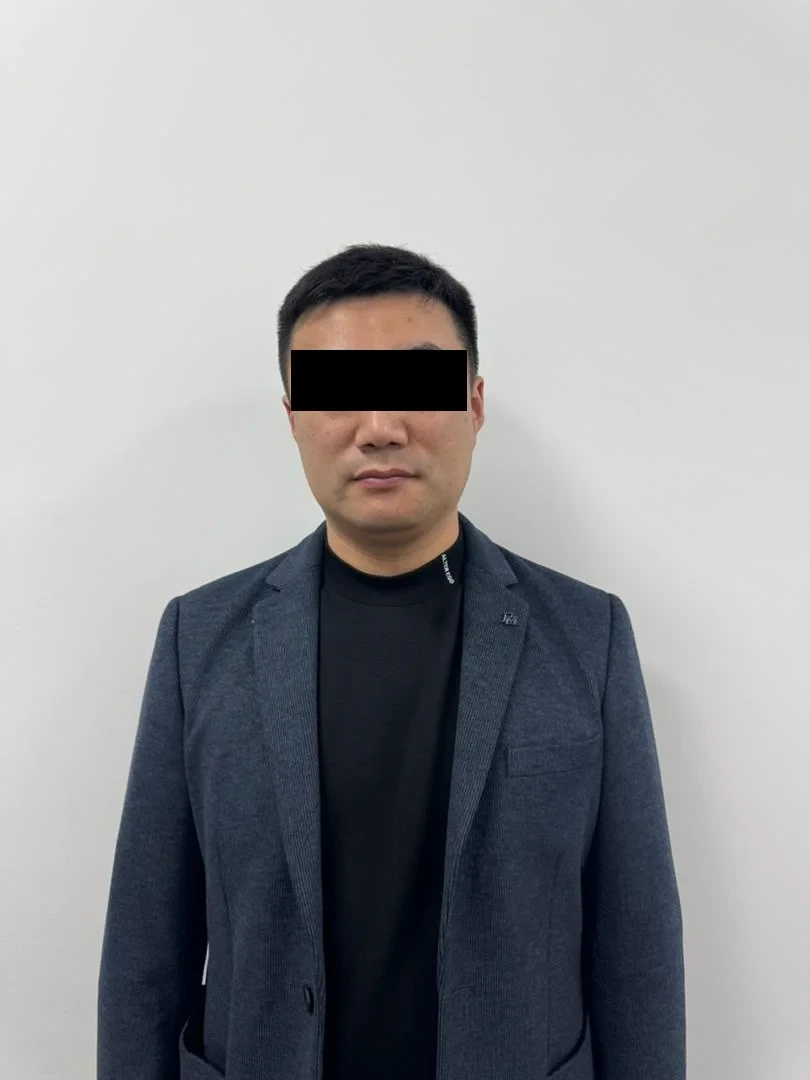
The General Director of LLC "Kemin Resource Group", a citizen of the People's...
- During a scheduled inspection conducted by employees of the Jalal-Abad Regional Office of the...
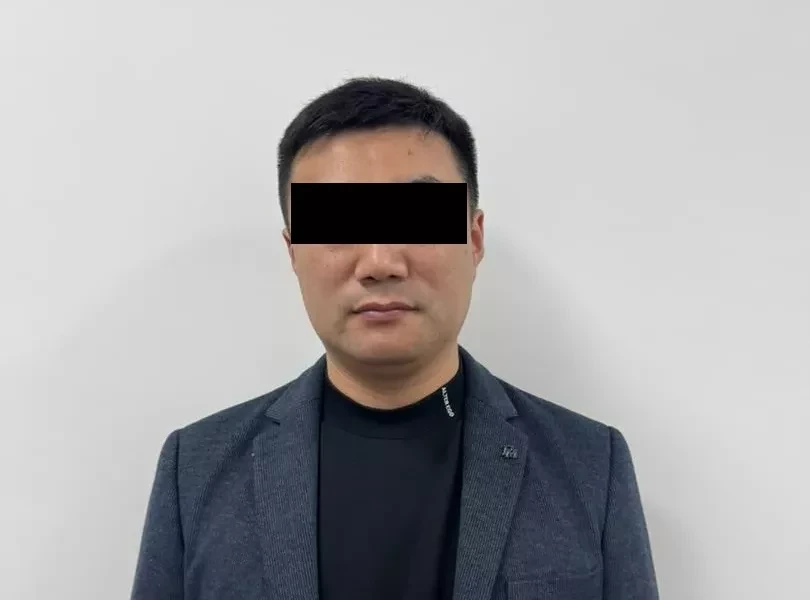
On November 3, employees of the Regional Department of the Ecological Supervision Service for...
- During an unscheduled inspection conducted on November 3, the regional administration for the...
The Deputy Chairman of the Cabinet of Ministers and Head of the State National Security Committee...
At today's 91st meeting of the Council of Commanders of the Border Troops of the CIS in Manas,...

[b]Violations in the distribution of oil export quotas and supplies to the domestic market...
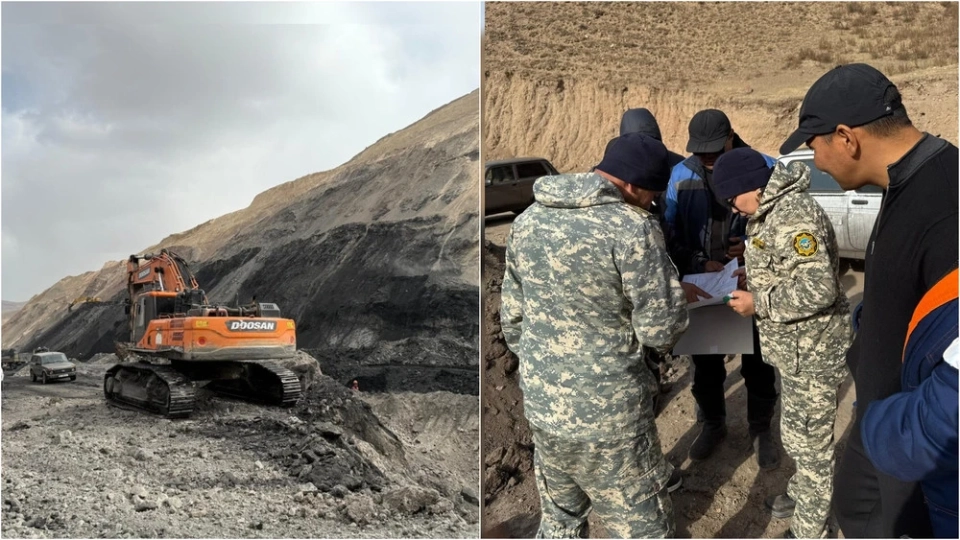
The employees of the regional office of the Ecological Supervision Service inspected the...
- The Cabinet of Ministers approved a new standard for the assessment of natural resources and...
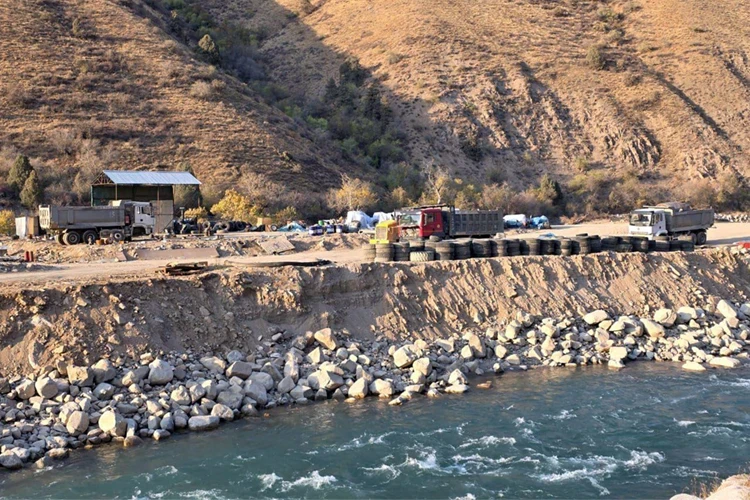
The scheduled inspection of the activities of LLC "Muras Synthesis" was conducted by...
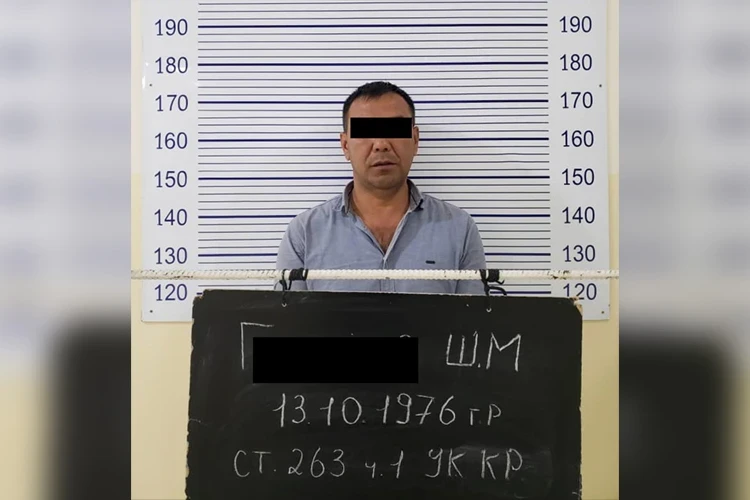
In the Nookat district, G.Sh.M., who previously held the position of head of the Mirmakhmudov ayil...

As reported by AKIPRESS.COM, Farida Abduyeva, who won the title in 2025, is preparing for her...
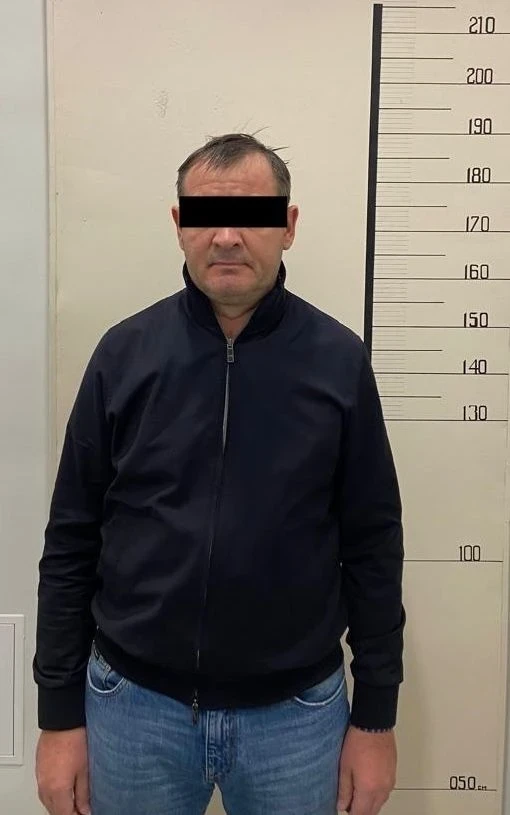
According to the GKNB, the detention occurred as part of an investigation into a criminal case...
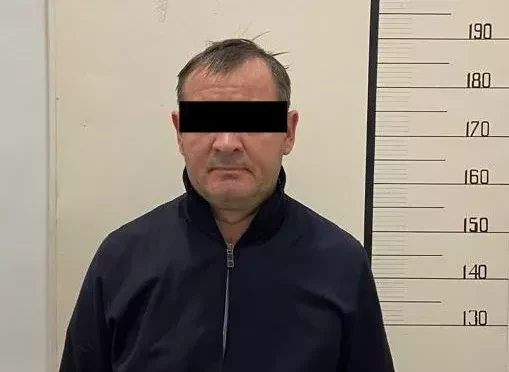
As a result of measures aimed at ensuring food security within the framework of a criminal case,...
During raids conducted by employees of the Chui Regional Department of the Ministry of Natural...
As a result of a scheduled inspection of the activities of the LLC "Muras Synthesis" by...
- On November 17, 2025, GKNB employees detained K.A.V., the head of the KХ "KAViKEV"....
The detention occurred after a video appeared on social media on November 18, where passengers of a...
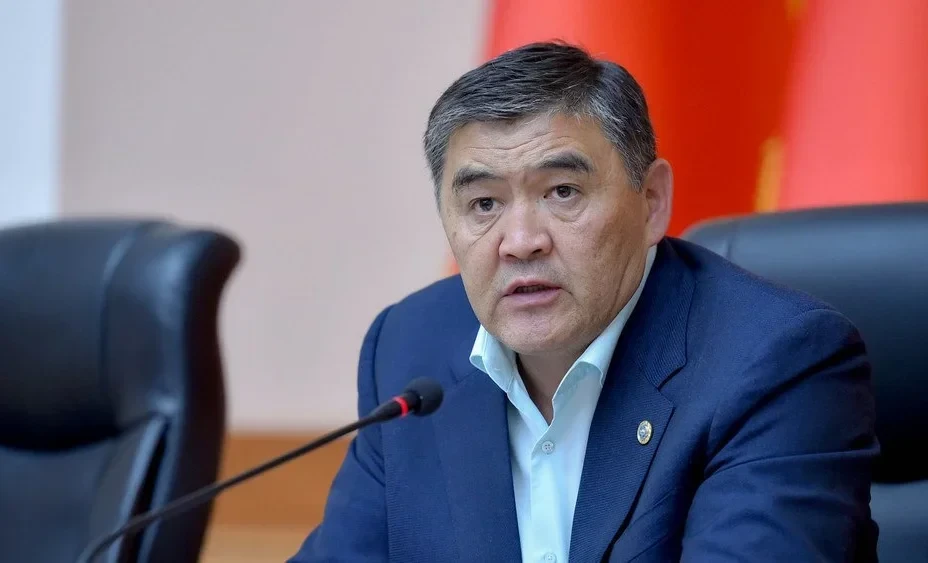
All mining farms in Kyrgyzstan will be closed until the end of March 2024. This statement was made...
[img]http://vesti.kg/dаta:image/svg+xml;base64,PHN2ZyB4bWxucz0iaHR0cDovL3d3dy53My5vcmcvMjAwM...
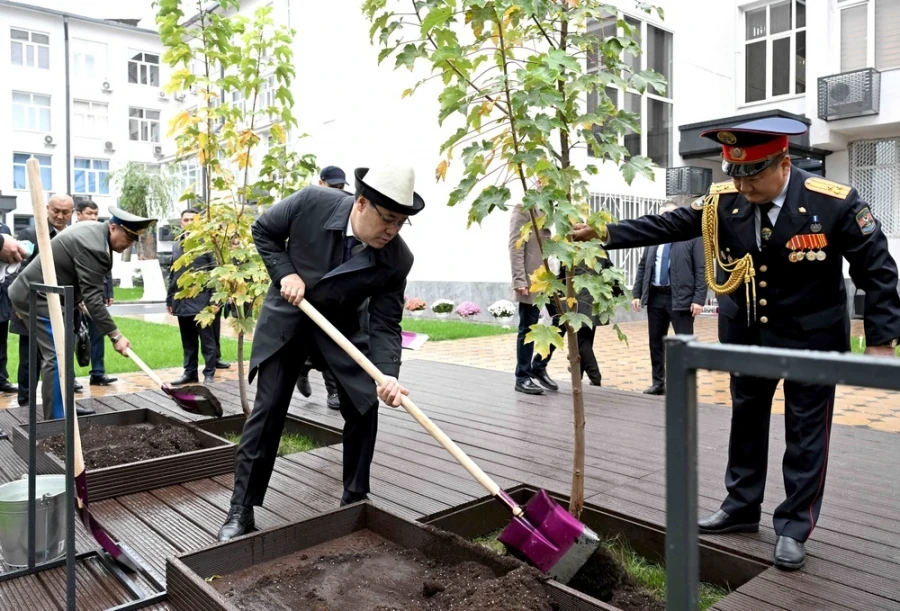
The facility meets modern standards for law enforcement agencies Recently, President Sadyr Japarov...

The GNS clarifies that the law adopted on October 29, 2025, introduced a number of changes to the...
In his interview with Region TV, the head of the State Committee for National Security noted that...
The Ministry of Economy and Commerce of Kyrgyzstan has initiated a proposal to increase fines for...

S. Japarov invited the Japanese company Japan DX to invest in Kyrgyzstan The President of the...
An audit conducted by the Accounts Chamber was carried out at the State Property Management Agency....
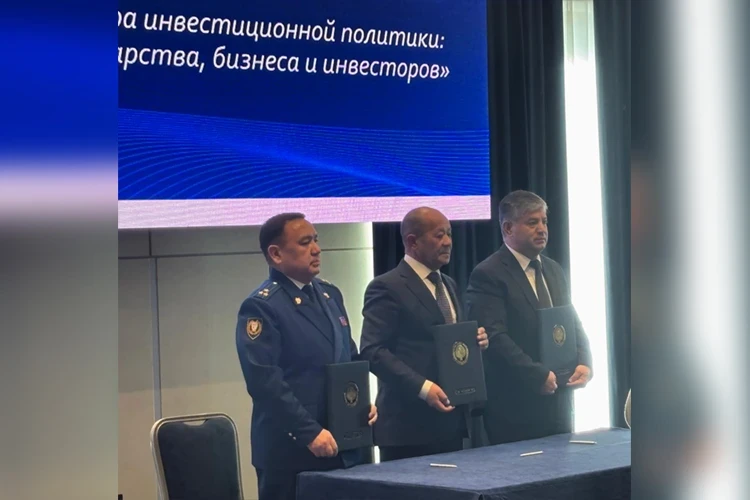
In Bishkek, a National Investment Dialogue took place, gathering representatives from the...
As a result of complaints received from citizens regarding the published video on social media, on...
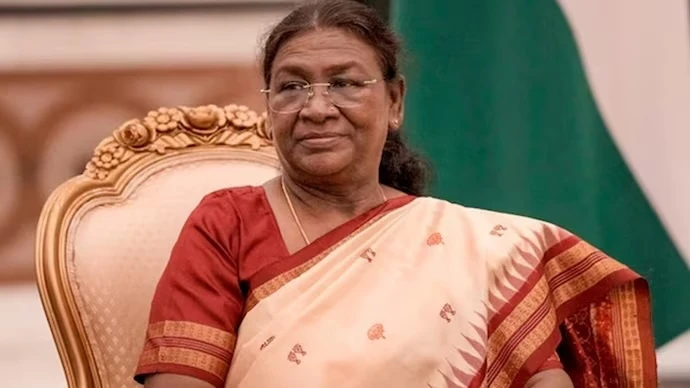
President of India Droupadi Murmu. Photo by Capital FM. From November 8 to 13, 2025, President of...
Kyrgyzstan has significant reserves of natural resources, including not only gold but also many...

As a result of operational activities conducted on November 1, 2025, employees of the State...
In the village of Kyzyl-Alma, which is part of the city of Tash-Kumyr, the opening of a new...
According to Tengrinews.kz, the fire engulfed the building before the firefighters arrived. In...
In Osh, employees of the State National Security Committee (GKNB) conducted searches at numerous...
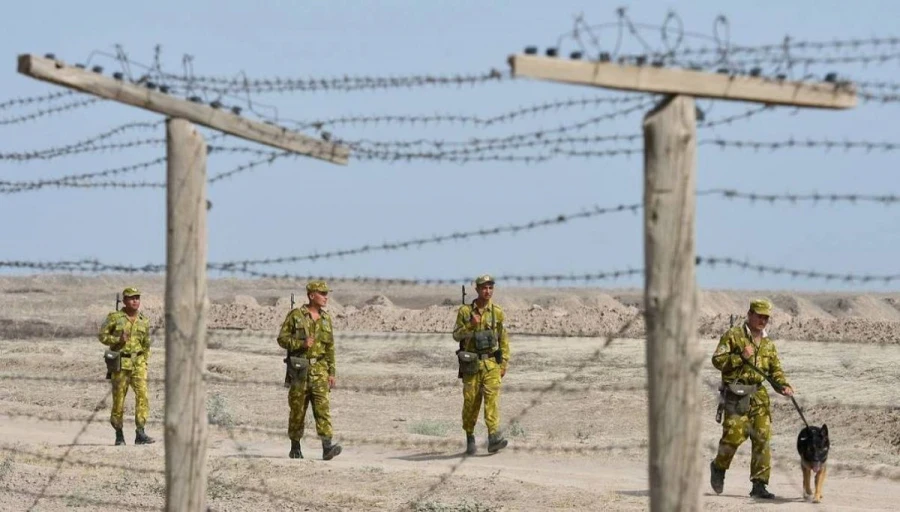
“The main task is to ensure friendly relations and mutual understanding between our peoples” The...
Over the past week, several changes have occurred in the personnel composition in Kyrgyzstan....
On November 19, the press service of the Internal Affairs Department of the Primorsky District...
The Deputy Chairman of the Cabinet of Ministers and Head of the State Committee for National...